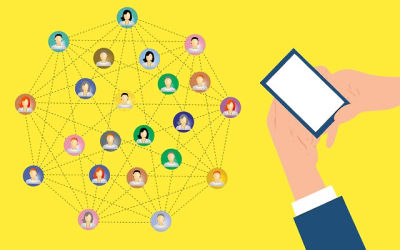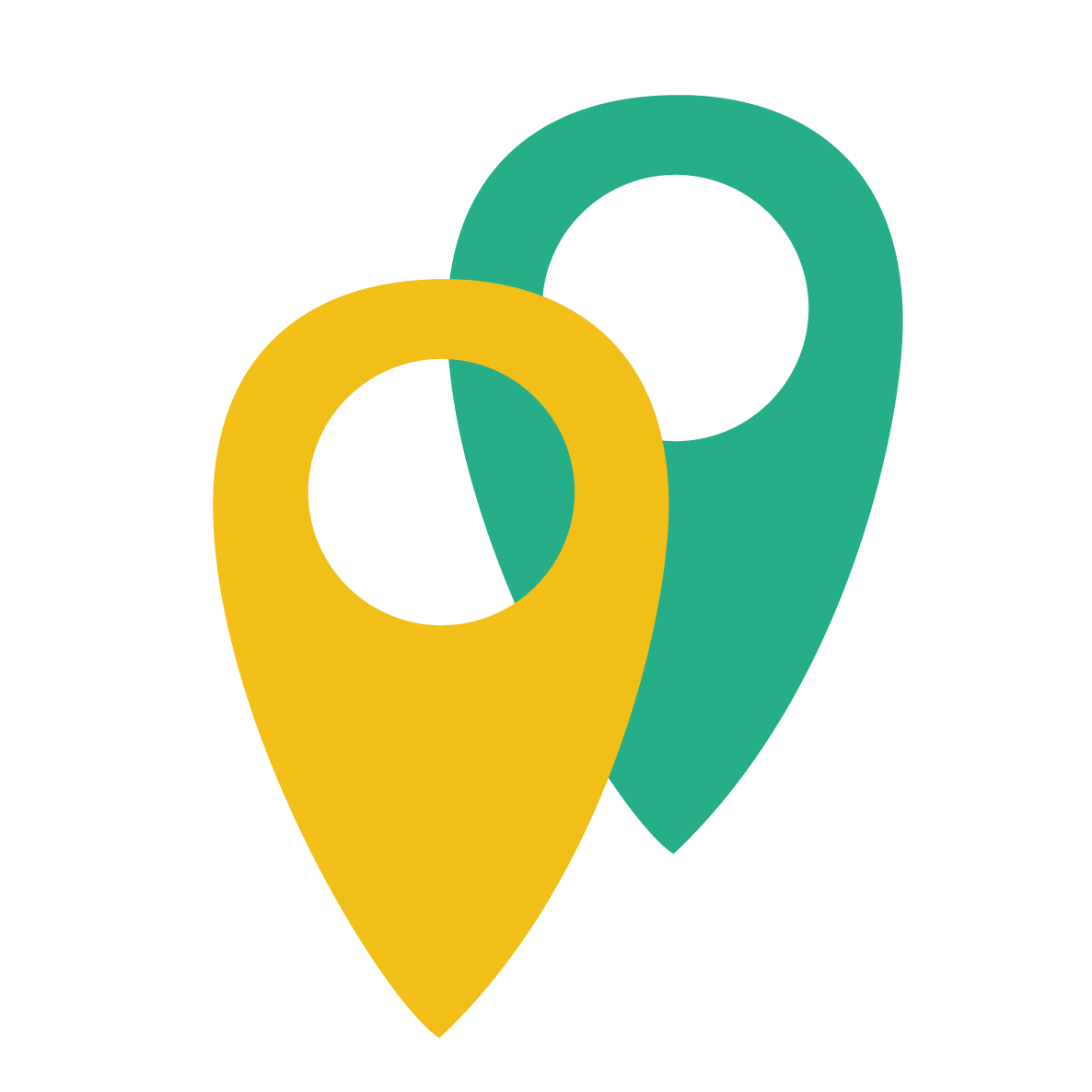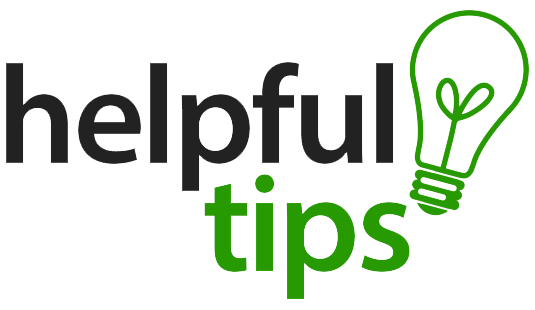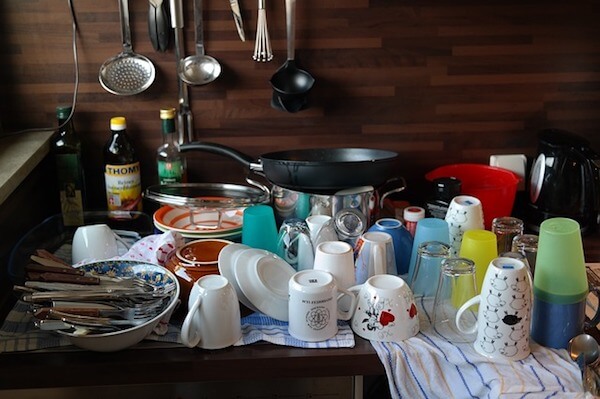
Being a domestic helper is one of the most important jobs anyone could ever be hired to do. While the job is not glamourous, becoming a domestic helper means that your employer has more time to commit to the things that they need to do to provide for their families. You will take on the role of helper and partner in all things home and childcare related. Since you will have such an important role, you will also need to be sure that you follow specific rules to ensure the privacy of the children and employer alike.
Sharing Information
While you might be active on social media, when you are working, you need to make sure that you know what is okay to share. If you are the domestic helper, you need to know what your employer will allow. Likewise, as an employer, you will need to be specific with what information you will allow your domestic helper to share. Here are a few limits that may be set.
Sharing Photos
You may not wish to have the inside of your home, your children, or your activities shared on social media. You might ask that your domestic helper not take pictures of your children to share on their personal social media pages and that all photos be sent to your cellphone. This way, if you want to share the photos, tag the domestic helper, or keep the photos private, the choice is yours.
As a domestic helper, you should be discrete in the information that you share. Sharing pictures of your employer’s home may give more information about them than they are comfortable sharing. Many people are private, and sharing photos can reveal information others do not want to be shared. Be sure that if you want to take selfies, you do so on your own time and that nothing about your employer can be revealed through these photos.
Location
Even if your domestic helper does not share pictures that may get traced to you, location information can give away details that you do not want to be shared. If people know your general location, they can often trace your movement through your domestic helper’s location. Have the helper turn off location sharing as much as possible and not check-in on social media when they arrive at locations. Location sharing may be used outside of working hours as long as not on vacation if the domestic helper chooses.
As a domestic helper, you should always respect your employer’s choices with location sharing. If you accompany them on holidays to help with children, you will need to respect the location rules the entire time you are gone. Your employer may not want people being able to detect that you all are traveling. It is crucial that you follow the rules set forth to maintain employer privacy.
Connections. Are you really friend ?
Your domestic helper may want to connect with you on social media. You should do whatever makes you feel comfortable. Likewise, you need to choose what the domestic helper will be allowed to tag you in or share about you. If you or your domestic helper is uncomfortable as “friends” or linked on social media, you need to turn down follow requests.
As a domestic helper, you are not required to be linked with your employer on social media. You can turn down follow or friend requests. However, if you do not connect with your employer on social media, you will need to separate that part of your life from your social media. Do not post information about your work or post photos that might reveal who your employer is.
Usage Times and Places
As an employer, you may choose to limit the amount of time your domestic helper can use their social media accounts while on the clock. Keep in mind that outside of working hours, your rules for social media are limited. You can limit what can be posted about you, your family, or your business. You cannot, however, require that social media time be limited outside of working hours.
As a domestic helper, the majority of your working hours need to be spent doing work. You may take breaks, but spending time on your phone or social media is inappropriate. You should follow your employer’s rules for usage during work hours or while with the children.
Why Are These Rules Necessary
Safety is the biggest reason to follow these rules. When people know the movement of domestic helpers or an employer’s family and children, they can take advantage of situations. Homes can be entered and robbed. Likewise, children can be put at risk of injury or kidnapping. Some employers are simply uncomfortable with others, knowing where they are. Location and movement sharing can also put the employer in danger of robbery. While these cases are unusual, high-profile employers have to take their privacy more seriously.
Final Thoughts
Work together with your domestic helper or employer to establish rules and policies for social media usage, including privacy, sharing, and tagging. You cannot assume that your ethics are the same as everyone else’s standards. Meeting the needs of your employer includes privacy as well as domestic skills. As an employer, do not assume that your domestic helper will know what you want or need. Each employer may have different rules. If you work as a team, you can determine what is best for your partnership.



